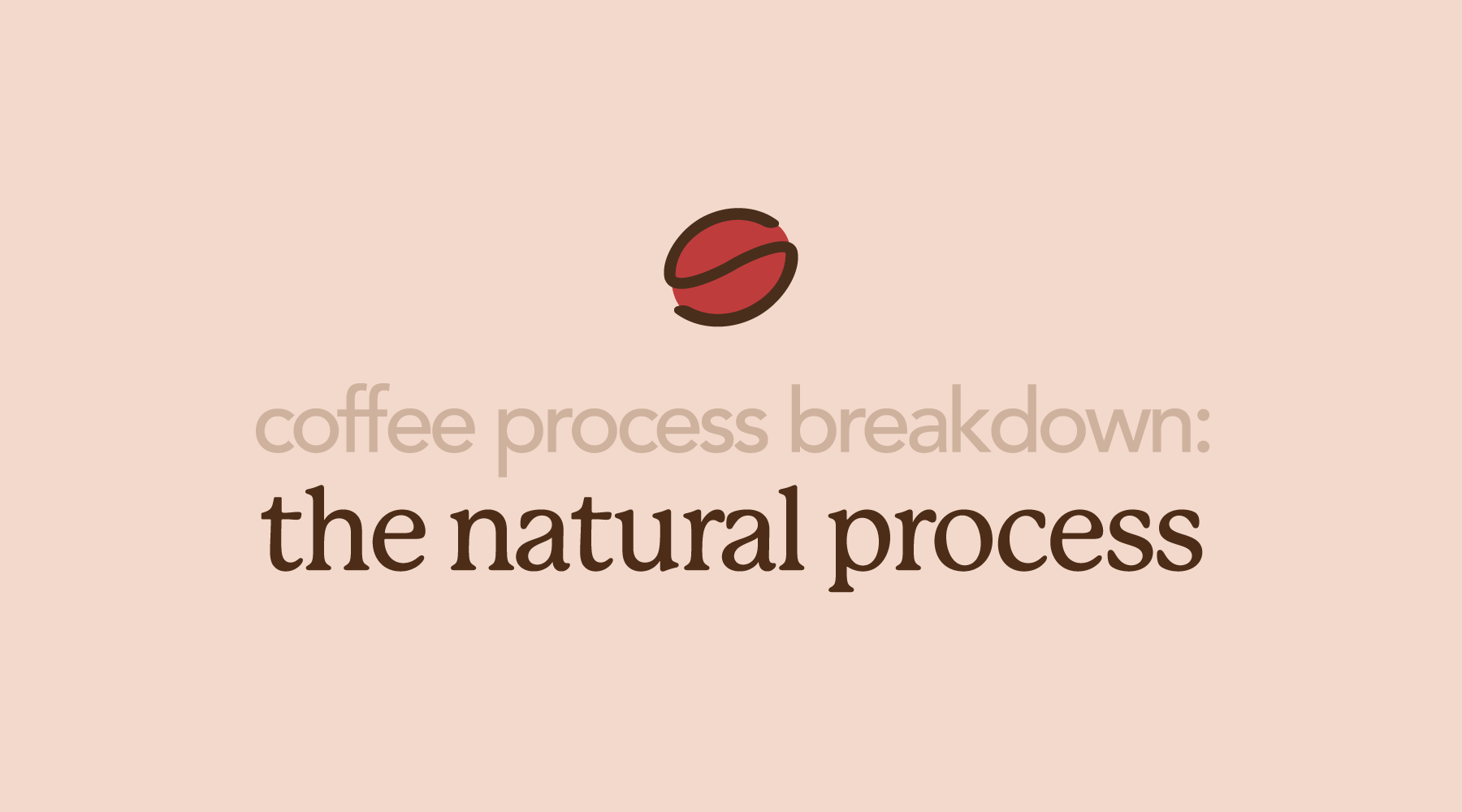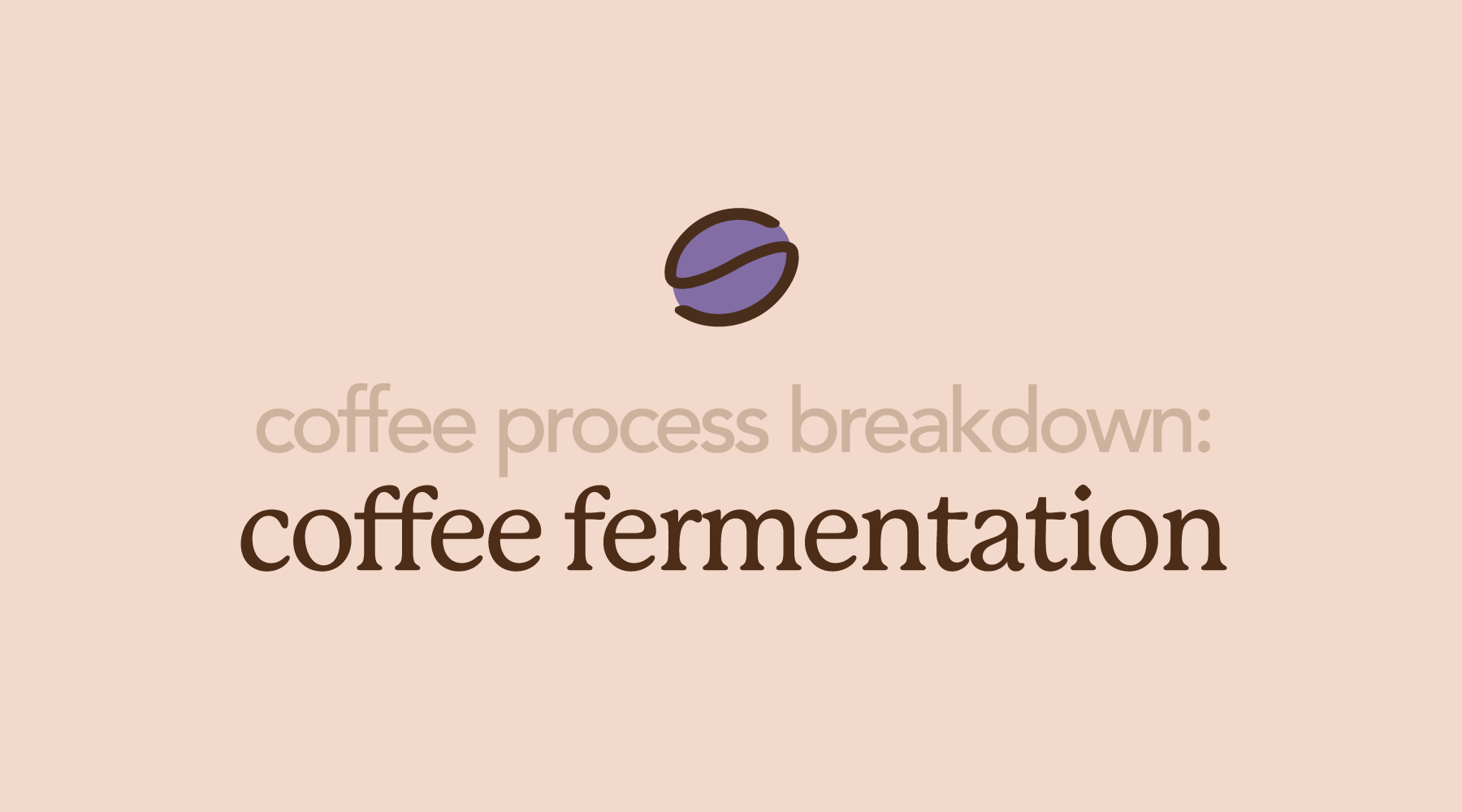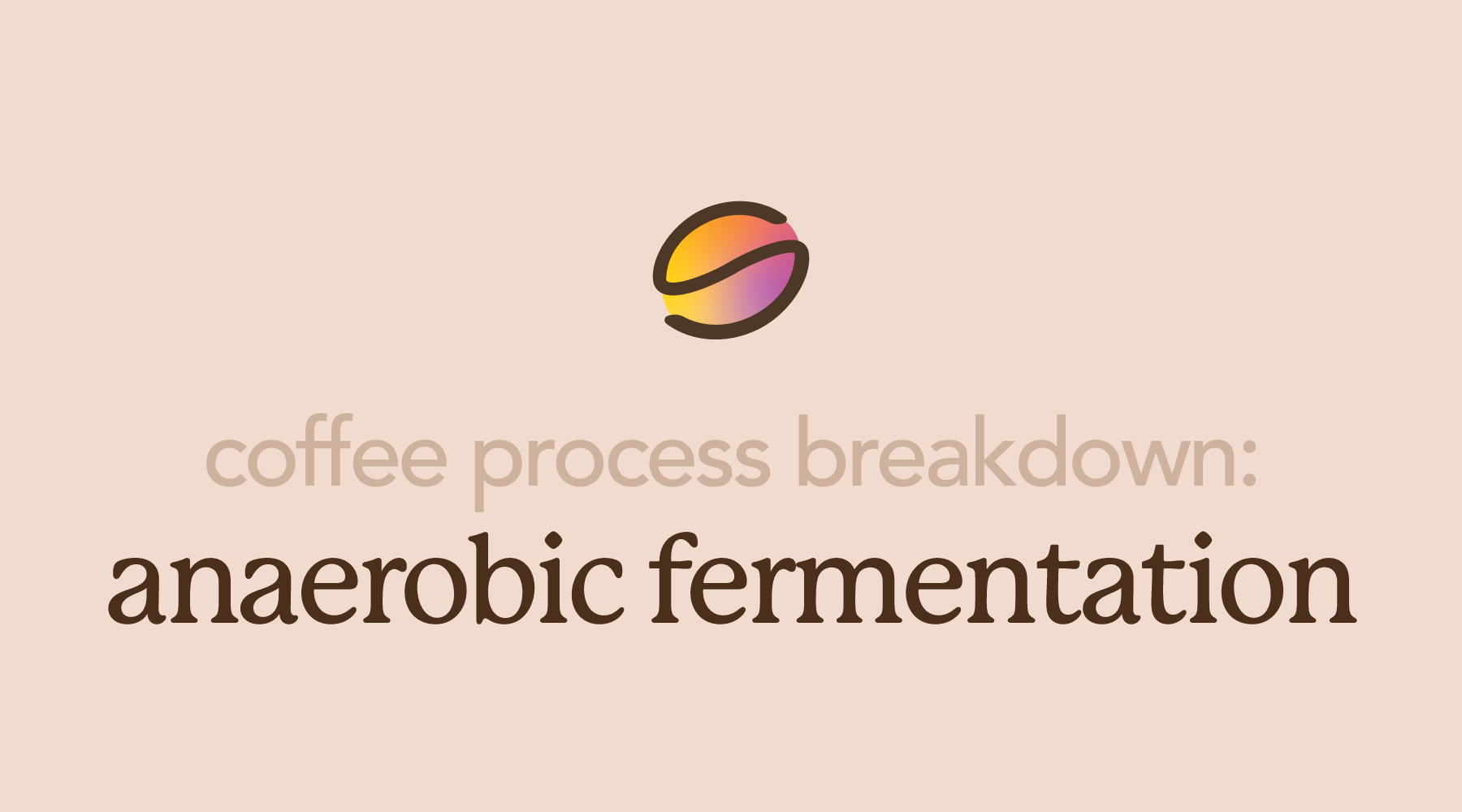coffee processing
check out our vast library of educational articles

washed processed coffee article
The majority of the coffee you drink or find at the store is washed coffee. Of the three main processing methods, washed is the most reliable technique and has a higher likelihood of producing successful flavor characteristics.

natural processed coffee article
There are conventional techniques used for processing specialty-grade coffee: handpicking the cherries, de-pulping (extracting the fruit from the bean), fermenting, washing, drying, sorting, and, lastly, exporting. The natural processing method, also known as dry processing, removes the washing step entirely and pushes the drying procedure much sooner, right after the bean is handpicked.

honey processed coffee article
Someone once said that "the best things in life never come easy." These words stand true for many things, including the coffee bean. Like wine, coffee has a variety of nuances when it comes to flavor, aroma, and body, and these characteristics are based on multiple factors, one of them being the way a coffee is processed.

a unique hybrid technique
As the coffee industry evolves and new technologies are invented, producers are able to process their coffee in new, innovative ways. A new technique called the hydro-honey process combines the traditional washed, natural, and honey processes into one unique method.

enhancing flavor with fermentation
Fermentation isn’t a new idea, as familiar things like wine, beer, and kombucha undergo fermentation. Did you know that some coffees go through fermentation as well to enhance their flavor? You may be asking yourself what the benefits and differences of fermented coffee are, and that's exactly what we are going to talk about today.

anaerobic fermentation explained
Anaerobic processed coffees have been gaining a lot of popularity lately, and it’s not hard to see why. The trouble with anaerobic fermentation is that it is an extremely new concept in the coffee industry and is very scientific – down to the microbiological level of coffee processing. That being said, it can be hard to understand and there have been a lot of misconceptions and misinterpretations surrounding the topic.





